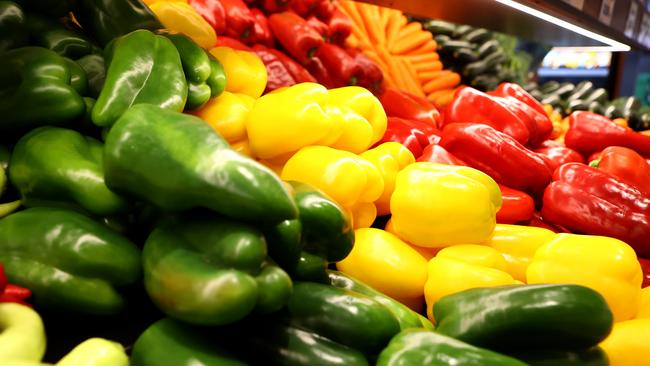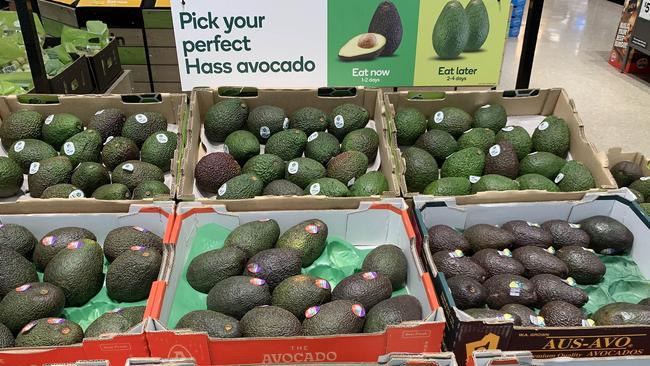Australian vegetable farmers leaving in droves, industry groups warn, as supermarket pricing tactics put on full show
Vegetable farmers have told a Senate inquiry into supermarket practices they have reached “breaking point” over pricing.
Supermarkets are raking in excessive profits by marking down prices on in-store products and then offering farmers less for the same item, an inquiry has heard.
Farmers lobby groups and vegetable growers told a hearing in Melbourne on Wednesday retail giants are using their significant market power to set unfair pricing practices to the detriment of food suppliers.
It followed a NSW apple farmer telling the inquiry on Tuesday that he had not received a price increase from the major retailer in over a decade, despite his labour costs rising by over 50 per cent.
“What we are seeing is the price changes in supermarkets are not being reflected in the prices that growers are being offered by supermarkets or the wholesale intermediaries in between them”, Nationals Farmer Federation spokeswoman Charlotte Wundersitz said.
“To a degree, supermarkets are businesses; they pick the price that the consumer pays.
“When it becomes an issue is when supermarkets point to prices in-store as a justification as to why a producer might be getting a lower price.”
Earlier, it emerged that millions of dollars worth of fresh vegetables were being wasted annually due to “manipulative” non-binding supply deals allowing retailers to reject stock based on arbitrary grading standards.
According to Peak industry body AUSVEG, this has led farmers to lose up to $30m each year.
Chair Bill Bulmer said growers were at “breaking point” after two years of droughts, bushfires, global supply chain disruptions and Covid-19.
“Vegetable businesses must be paid fair and sustainable prices for that produce. Instead, many growers are under increasing pressure from supermarkets to accept lower and lower prices, with many receiving the same prices they were five, 10 or even more years ago,” he said.
“Positive change is needed to stop more and more growers leaving the industry which will just result in more price increases for consumers.”

Mr Bulmer warned that the country was at risk of becoming a net importer for fresh goods, pointing to survey data from January that showed up to 37 per cent of farmers are considering quitting the industry.
“If we keep going down the path that we’re going we’re not going to hold or entice any young farmers in this industry,” he said.
In its submission, the peak industry body said about 20 per cent of large growers were losing more than 30 per cent of produce through self-rejection practices.
“One in five farmers report that rejected produce is given to supermarkets for free, and one in four stated that supermarkets expect imperfect produce for free,” it said.
“Therefore, rejection of produce could also be a method for retailers to manipulate growers into providing low-cost or free produce, while still setting high retail prices.”
According to the industry group, vegetable growers are entering into “non-binding” agreements with supermarkets where retailers set a forecast weekly volume of stock, with no obligation to accept the full amount.
A significant percentage of growers have reported that supermarkets were rejecting a considerable portion of their supply, with sometimes as little as 50 per cent of produce appearing on supermarket shelves.
This has forced farmers to choose between ploughing their surplus crops back into the soil or selling it on the wholesale market for a cheaper price.

“Retailers, who actively monitor prices in the wholesale market and buy from market agents, then advise the grower that the wholesale price is low, and therefore put pressure on the grower to accept lower prices,” the AUSVEG submission said.
“Are the retailers deliberately manipulating the market and causing an oversupply through over-inflated supply agreements?”
AUSVEG said that the financial situation was so “dire” that about 34 per cent of growers were considering exiting the farming business.
Originally published as Australian vegetable farmers leaving in droves, industry groups warn, as supermarket pricing tactics put on full show




